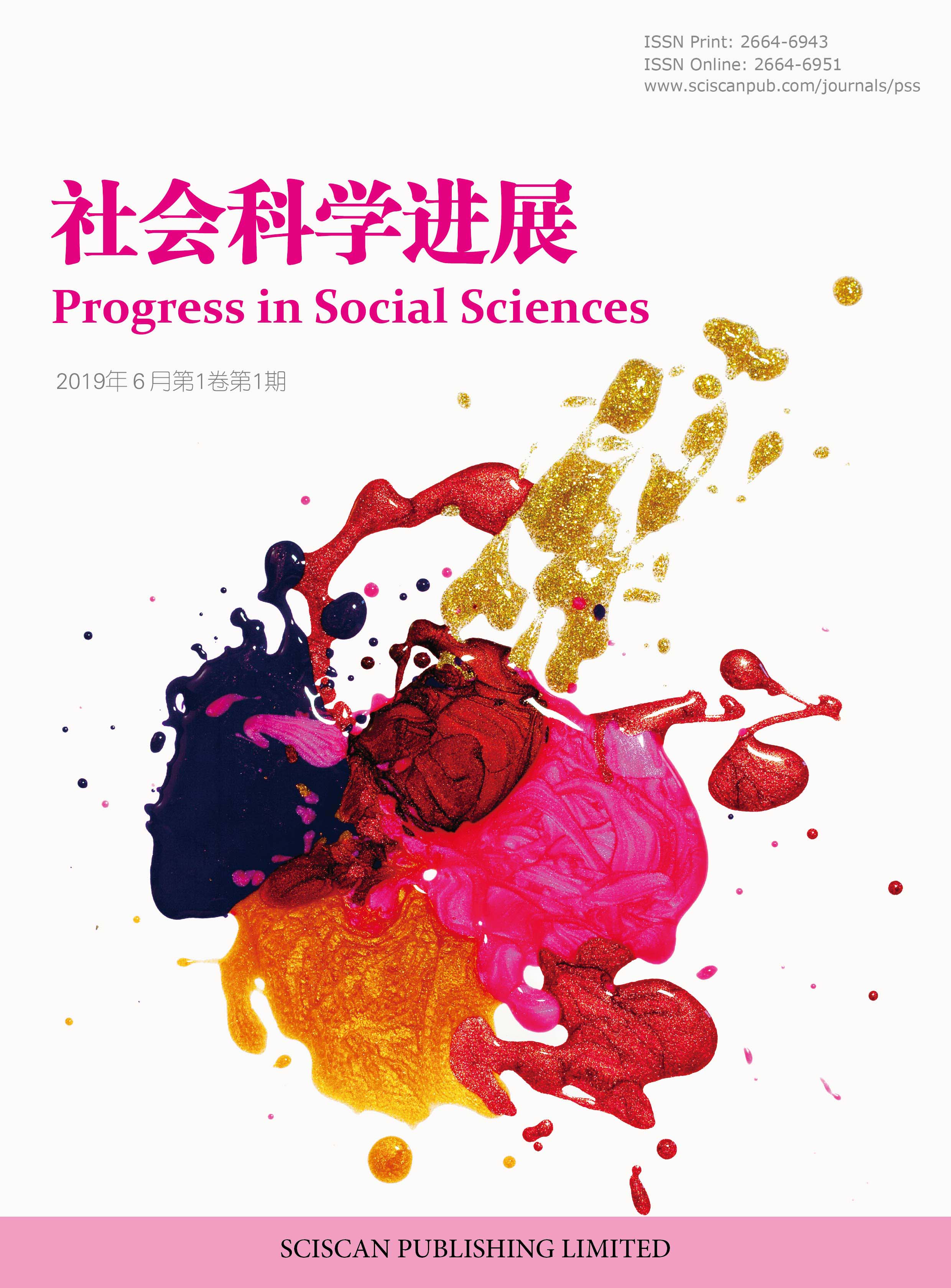Progress in Social Sciences
ISSN Print: 2664-6943
ISSN Online: 2664-6951
Contact Editorial Office
Subscribe to the latest published information from SCISCAN
微观经济学的教学优化探析——基于集体行动与公共品私人供给的研究
Optimization of Microeconomics Teaching—Collective Action and Private Provision of Public Goods in Traditional China
- Authors: 王丹利
-
Information:
上海对外经贸大学,上海
-
Keywords:
Collective action; Lineage organization; Private provision of public goods; Rice-growing集体行动; 宗族势力; 公共品私人供给; 稻作区
- Abstract: We employ a cross-sectional data set of 256 prefectures in China to analyze the impact of lineage organization on private provision of public goods. OLS estimates show that regions with strong lineage organizations coexisted with more privately provided public goods in traditional China. We then suggest that the traditional crop areas resulted in local people's psychological differences in rice-growing and wheat-growing China, and hence the difference in power of lineage organizations. By using the traditional rice areas to instrument for the traditional lineage organizations, our two-stage regressions confirm the causal relationship between lineage organizations and private provision of public goods. This paper helps to teach and learn well about the collective actions. 基于中国 256 个地级市的截面数据,本文实证研究了宗族势力对公共品私人供给的影响。OLS 结果表明,一地区的宗族势力与该地区的公共品私人供给显著正相关。我们用每个地级市 20 世纪 30 年代是稻作区、稻麦混合区还是麦作区作为宗族势力的工具变量解决内生性问题,2SLS 结果证实了宗族势力与公共品私人供给的因果关系。本文的研究使得老师能够结合现实,更深入地理解集体行动这一知识点,更透彻的教授这一知识点;也使得学生能够身临其境、举一反三,更牢固的掌握这一知识点。
- DOI: https://doi.org/10.35534/pss.0104012
-
Cite:
王丹利.微观经济学的教学优化探析——基于集体行动与公共品私人供给的研究[J].社会科学进展,2019,1(4):127-140.
https://doi.org/10.35534/pss.0104012
















